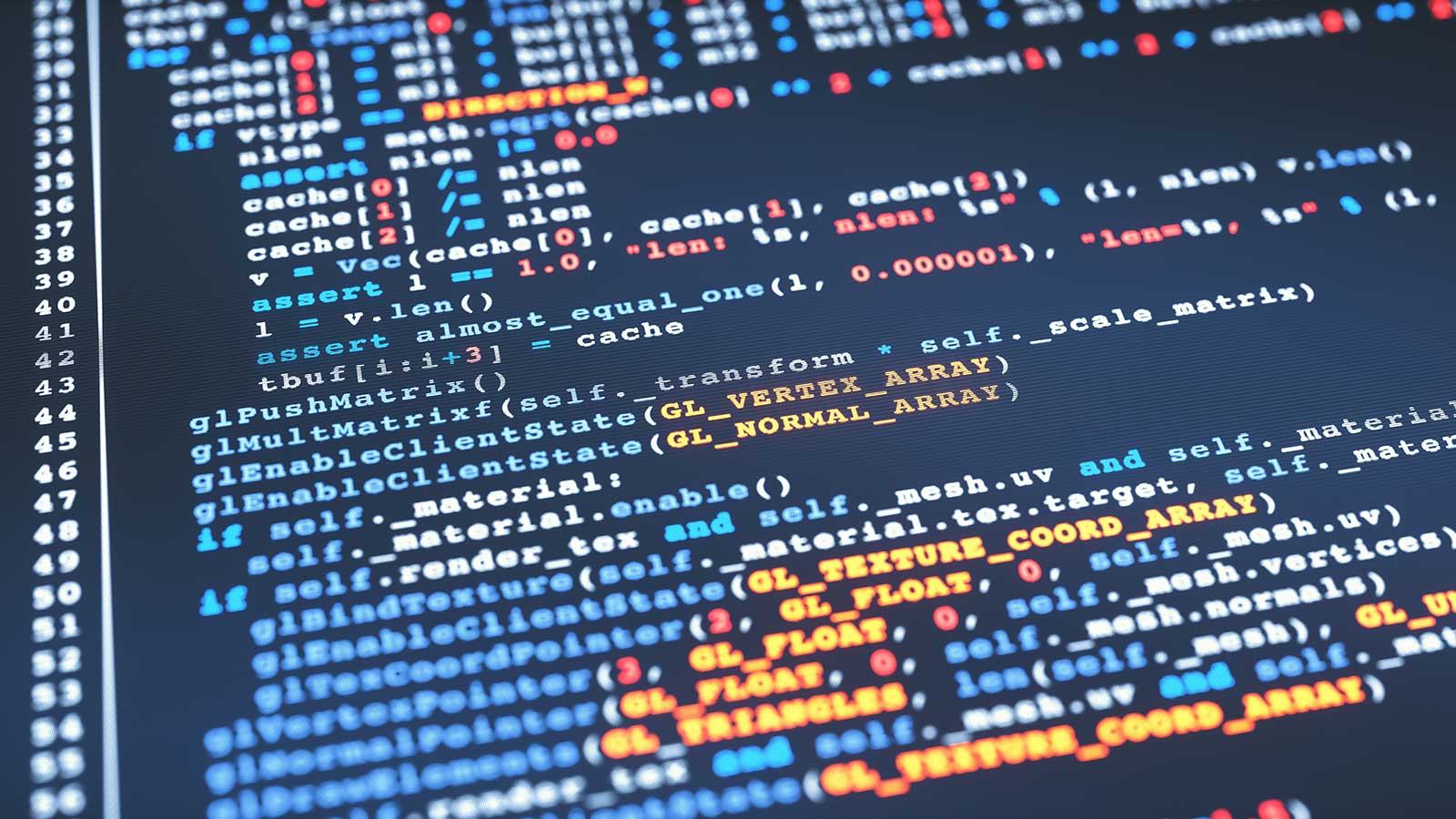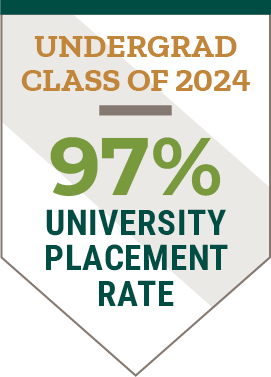Design a Safer, Sustainable and More Innovative World
Software engineers create the programs that make our digital world possible. From startups to giant corporations, organizations depend on software for their businesses to run efficiently, securely and cost-effectively.
As a software engineering major, you'll learn to develop complex systems and solve real-world problems. As more and more of us rely on smart devices, the number of openings for software engineers will only increase, with the job outlook predicted to grow 25 percent by 2031, according to the U.S. Bureau of Labor Statistics.
Why Major in Software Engineering at Clarkson?
Our low student-to-faculty ratio allows our professors to get to know you personally while you engage in research together. This unique level of interaction is the hallmark of the Clarkson educational experience. Our curriculum combined with research, internships, co-op opportunities and career placement services separates us from other programs.
Our faculty experts engage in the development of technology and innovation in areas such as next-generation identification, advanced cybersecurity for a safer world, metamaterials that can bend waves and cutting-edge renewable energy systems for a greener tomorrow.
Our program balances hardware, software and systems concepts, along with a robust set of communication and teamwork skills that industry leaders are looking for. For a capstone design project, you'll have the chance to showcase the knowledge you've accumulated. Some design projects give students opportunities to conduct research with professors and graduate students and present their work at conferences.
What You'll Learn
Clarkson's BS in Software Engineering combines software and hardware topics through a streamlined course sequence emphasizing software engineering technology and engineering design.
This interdisciplinary curriculum draws from computer science and electrical and computer engineering. This collaborative approach focuses on:
- Data structures and algorithms
- Embedded systems
- Programming fundamentals
- Programming languages
- Software engineering (requirements, design, implementation and verification and validation)
- Software systems
- Web and mobile systems
Our students are taught with state-of-the-art industry tools and get introduced to programming languages C/C++, Java, Python and JavaScript, among others.





